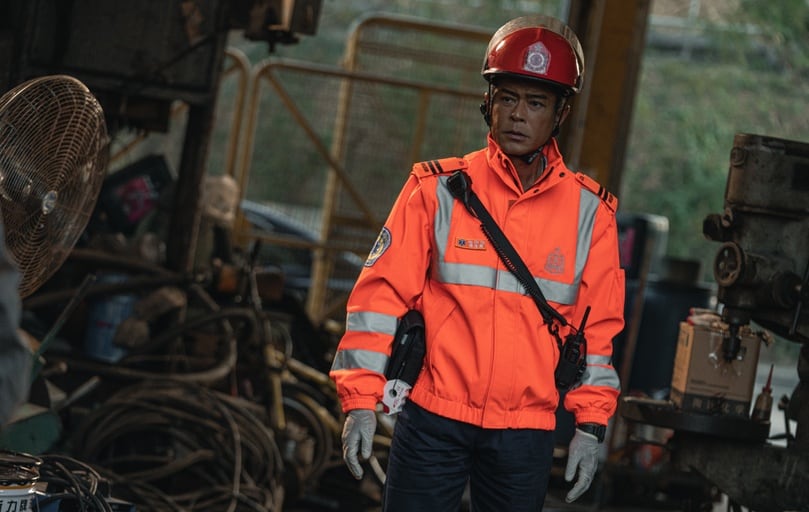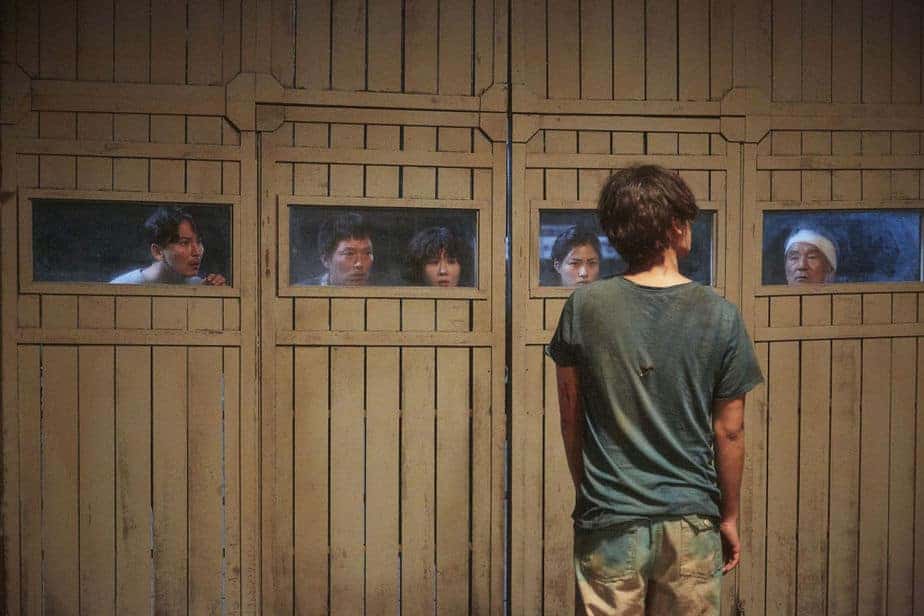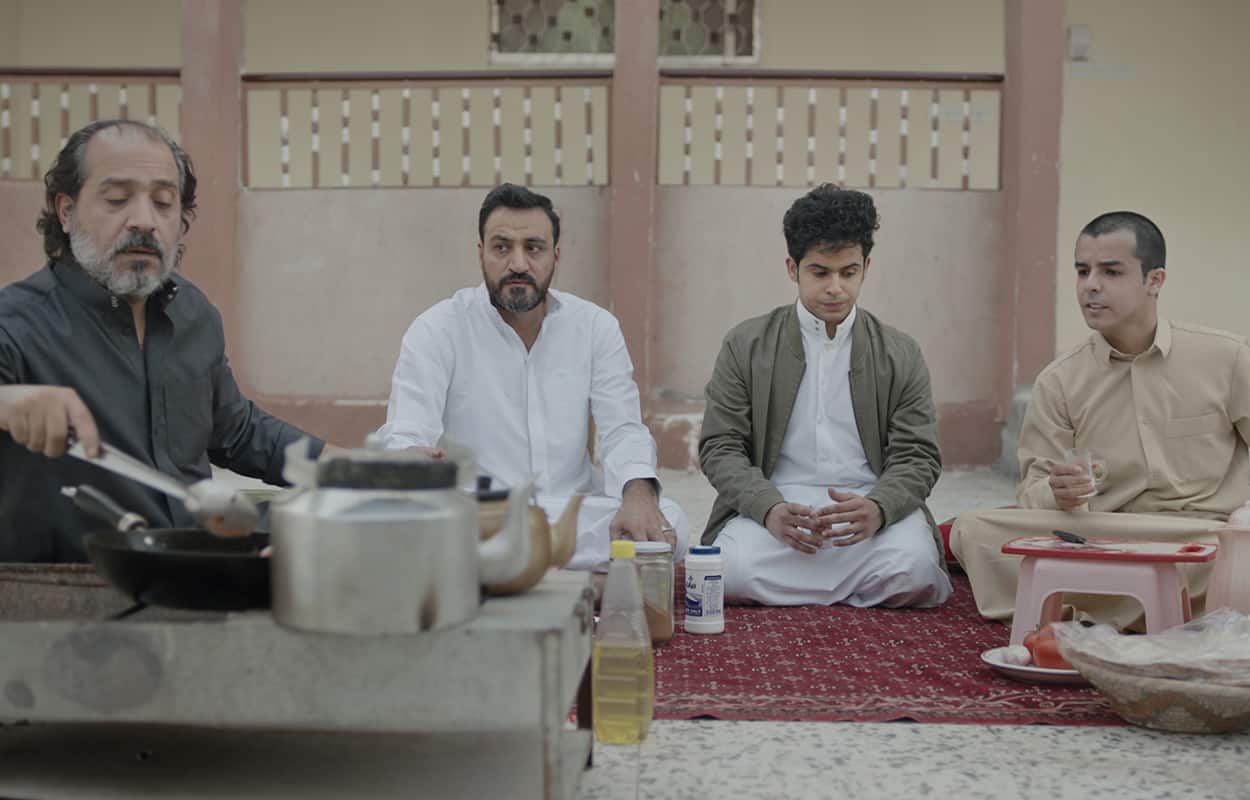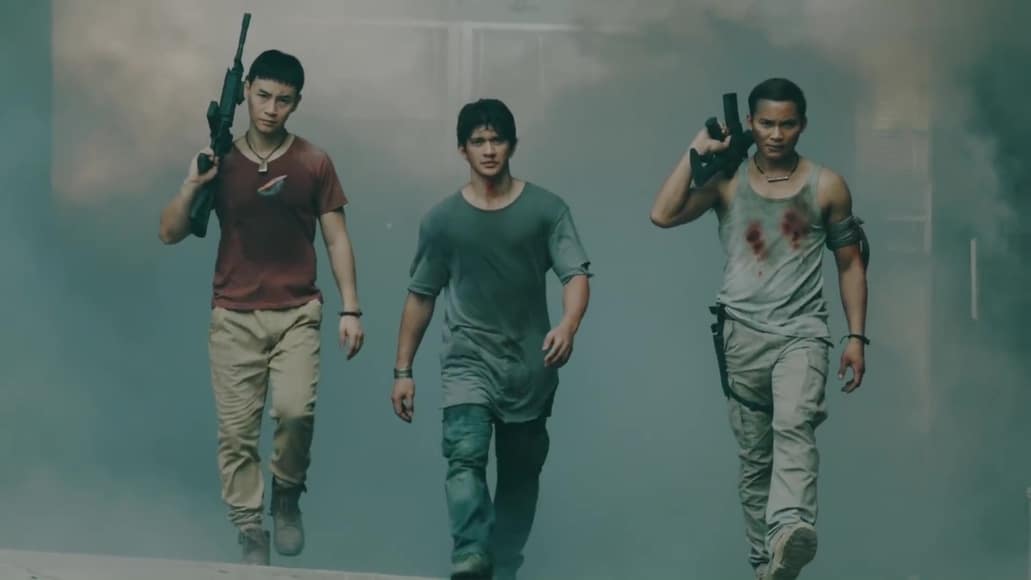Cheuk Wan-chi is an eclectic Hong Kong public personality; a radio host, a stand-up comedian, a writer, and a screenwriter for the likes of Sylvia Chang and Pang Ho-cheung, she is now at her third feature film as a director. After the girly action-comedy “Kick Ass Girls” in 2013 and “Temporary Family” in 2014, another comedy with a stellar cast addressing speculation on property in Hong Kong, her third film is yet again dealing with some very local issues. This time, though, the comedy tone gives way to a compelling drama where family and work tightly entwine.
Vital Sign is screening at New York Asian Film Festival
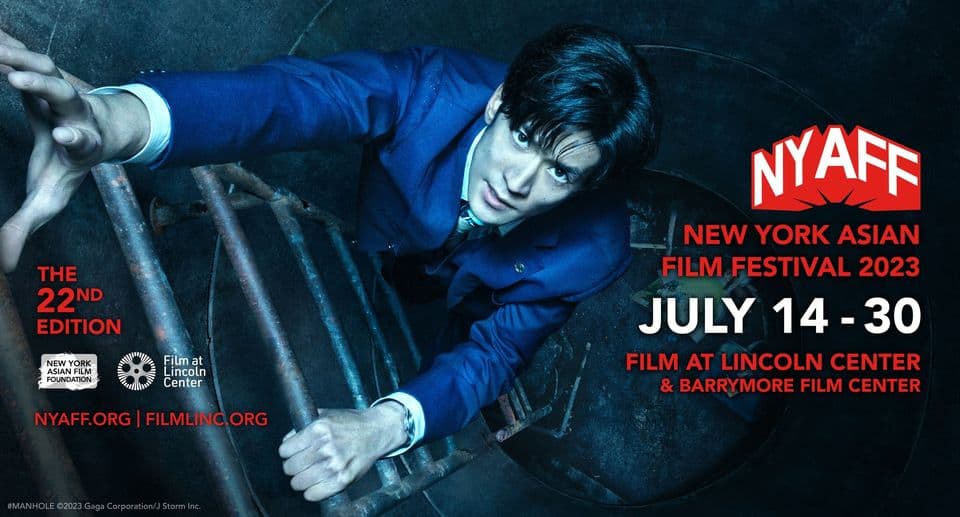
Protagonist Ma Chi-yip (Louis Koo) is a veteran Hong Kong paramedic working “on field” on ambulances, whose stubborn reluctance to follow protocols at all costs and to play along with the workplace bureaucracy has taken him nowhere. In fact, despite his experience and dedication, his career path seems to be at a dead end, and while his aching back would benefit from a promotion to a high-level office desk, he refuses to do the right moves to impress his superiors. He is also a guilt-stricken widow – for having been unable to prevent the tragedy – and a loving father to a young, bright girl. Prompted by his concerned in-laws who live in Canada, he is trying to collect documents and certifications to allow him and his daughter to leave the country and emigrate to Canada too, even if the prospect is to give up his beloved job and become a shopkeeper, maybe, if lucky.
Troubles start when young colleague Wong Wai (Yau Hawk-sau) is assigned on Ma's team. Yau is a clever and opportunistic guy and his ability to play by the rules and climb up the career ladder has earned him the nickname of “Speedy Legend”; he is, basically, the polar opposite of Ma. Their contrast is soon revealed on the first casualty together, where Ma's unconventional methods and “unsafe” procedures manage to save a life but infuriate rule-abiding Yau. Gradually, Ma's happy-go-lucky sister in-law nurse Miffy (Angela Yuen) contributes to mellow Yau with a friendship-maybe-romance and gives him a chance to open up about his dissatisfaction with the future. Eventually Ma will earn Yau's respect and in a climax episode they will work side by side.
Check also this interview
The film is an affectionate homage to Hong Kong, his people, and his front-line workers, incarnated in the character of Ma. His common sense, his passion and his family values have often been associated with the people of Hong Kong and his controversial choices cannot alienate the empathy that he effortlessly brings about. The whole film is based on, and kept together by the contrast between him and Yau and the tension that is generated from it is the glue that links the otherwise episodic unraveling of the narration, giving it a thriller pace at times. It is the classic buddy or rookie movie trope, with a very strong Hong Kong local flavor. In fact, the context and Ma's family plot highlight a realm that is intrinsically local and gives room for a heartfelt social commentary.
Hong Kong's high cost of living and the increasing wealth gap, but also the desire for a better quality of life, and higher perceived levels of personal and political freedom have motivated many individuals and families to consider emigration to countries that offer those benefits, an issue that also raises concerns about the potential loss of talent and skilled professionals, which could impact the city's economy and development. The film acknowledges also different types of migration, sadly linked to social status… The harsh contrast in types of migrants is, in fact, represented here. We see migrants coming from other countries of Asia, especially from the South Continent, relegated to humble and unprotected manual labor jobs and Hong Kong migrants leaving the city for wealthy Western Countries such as Canada, Australia, the United Kingdom, and the United States, which offer more liberal immigration policies, better economic opportunities, education, and social welfare systems.
However, one of the best assets of “Vital Sign” is the sense of equity in sympathy for those who leave and those who stay. Ma is a character of few words but his actions and his commitment towards his daughter speaks a ton about the reasoning behind the leavers; on the other hand, the dialogues between Yau and Miffy are interesting as they give voice to the different moods of the remainers. This is an unconditioned love letter to the city of Hong Kong and its people, and the slightly open end is a rather thoughtful touch.
Louis Koo is a proved outstanding professional, here displaying both his action stardom and his dramatic talent, especially in the intimate father/daughter interactions, a role he has played quite a lot in his career. Yau Hawk-sau does a good job holding his own against his senior co-star and Angela Yuen is a very welcome light comic relief. The photography captures Hong Kong in a way that almost made me cry with longing, the nocturnal sets being especially captivating, and the film concludes with a beautiful series of street shots taken at night from a speeding ambulance.
“Vital Sign” is an accomplished work, informed by the “very here” and the “very now” of Hong Kong, but also speaks a universal language to a world that is more than ever in motion. A vital sign of Hong Kong cinema.


